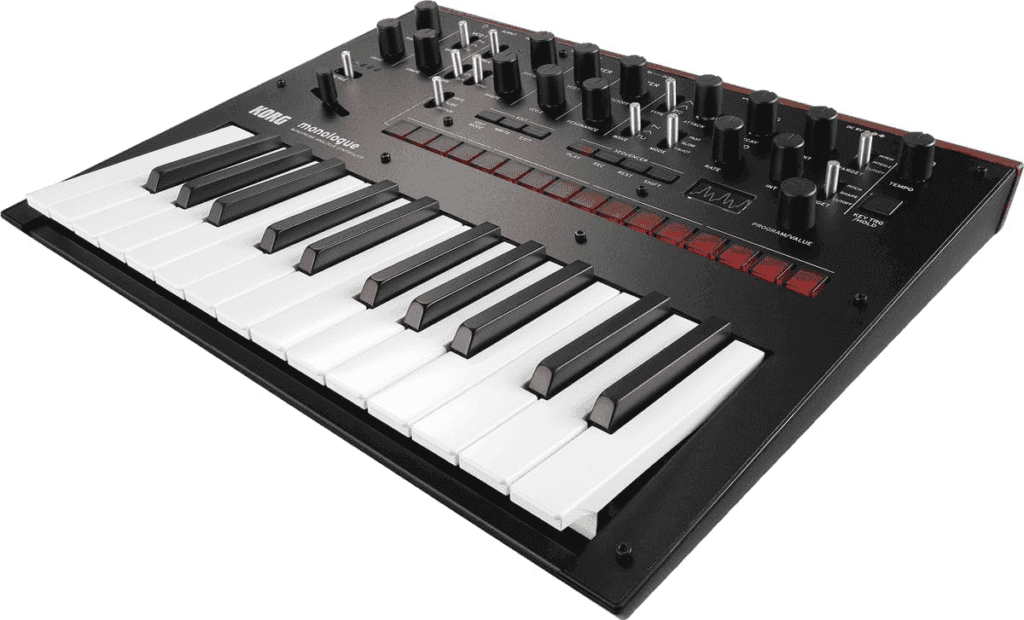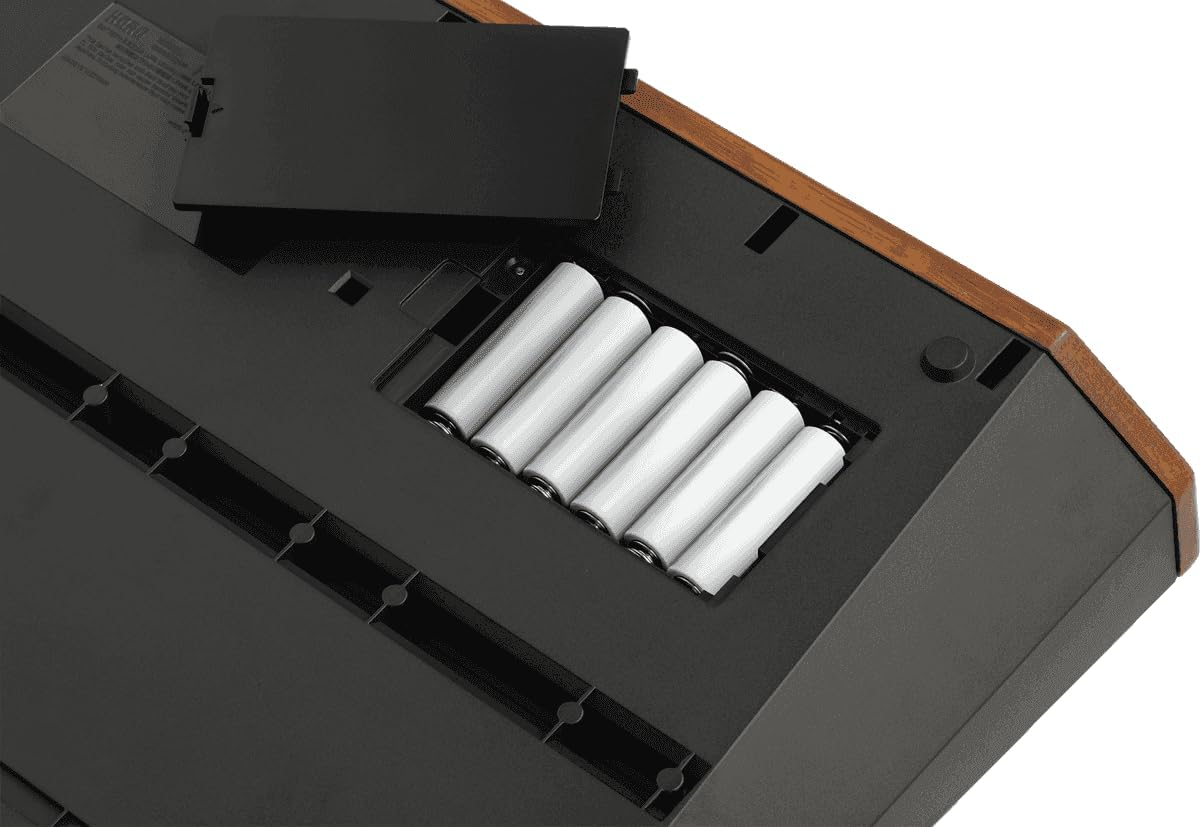Unveiling the Ultimate Guide to the Korg Monologue: Review

The Korg Monologue is a compact, monophonic analog synthesizer designed for creative exploration and expressive sound design.
Korg has a rich history in the world of synthesizers, with iconic models like the Minimoog, MS-20, and the more recent Minilogue paving the way for innovative sound production. Building upon this legacy, the Korg Monologue takes analog synthesis to new heights, offering a versatile and portable instrument for musicians and producers alike.
Tailored for both beginners and seasoned synthesists, the Monologue caters to a wide range of experience levels. Novices will appreciate its intuitive interface and hands-on controls, while seasoned users will delve into its deep synthesis capabilities to create complex soundscapes.
Special Functions and Workflow:
The Monologue boasts a unique feature set, including a powerful 16-step sequencer, motion sequencing for dynamic parameter changes, and microtuning options for exploring alternative scales. Its streamlined workflow encourages experimentation and creativity, making it an ideal tool for musical exploration.
Sound/Build Quality:
With its solid construction and distinctive sound, the Monologue delivers a robust performance in both live and studio settings. Its rich analog tones, gritty textures, and aggressive character make it a standout choice for electronic musicians seeking distinctive soundscapes.
Important Specs:
The Monologue features a 25-key velocity-sensitive keyboard with monophonic synthesis capabilities. It includes a two-pole filter, LFO, envelope generator, and modulation matrix for shaping sounds with precision. Additionally, it offers 100 preset locations for storing custom patches.
Bundled Software:
The Monologue comes bundled with Korg’s standout software offerings, including the Monologue Sound Librarian for managing presets and the Monologue Software Development Kit for creating custom sounds and effects.
Connectivity and Power Base:
With MIDI connectivity, audio input, and sync in/out options, the Monologue seamlessly integrates into any setup. It can be powered via USB or batteries, offering flexibility for on-the-go musicians.
Pros:
– Compact and portable design
– Intuitive interface for easy programming
– Rich analog sound with versatile synthesis options
– Built-in sequencer and motion sequencing capabilities
– Bundled software for expanded functionality
Cons:
– Limited polyphony due to monophonic design
– Lack of built-in effects may require external processing for some users
Conclusion:
In conclusion, the Korg Monologue stands as a testament to Korg’s commitment to innovation and sound quality. Whether you’re a beginner exploring the world of synthesis or a seasoned musician seeking new sonic possibilities, the Monologue offers a powerful and inspiring tool for musical expression. With its compact design, versatile features, and distinctive sound, it’s sure to become an essential part of any electronic musician’s arsenal.
Get The Korg Monologue Here!
(Note: This review contains affiliate links. If you make a purchase through these links, we may earn a small commission at no additional cost to you.)


